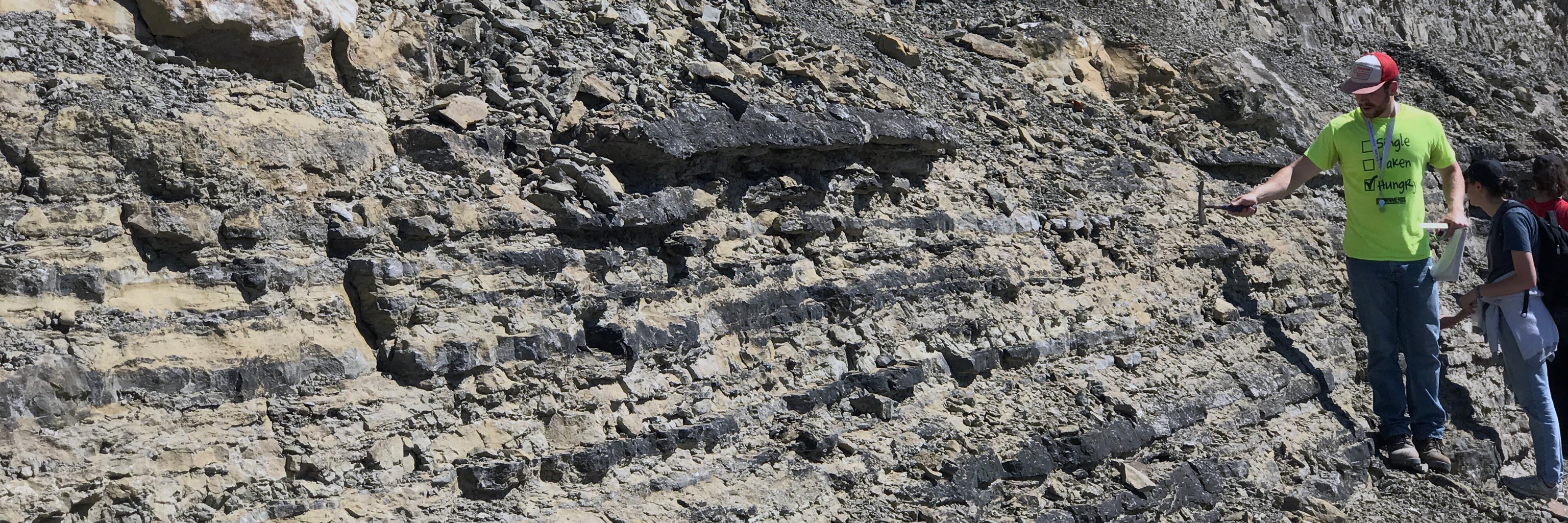Numerous federal and state laboratories and agencies employ geologists along with chemists, physicists, biologists, and engineers to work on various projects—such as the refinement of traditional energy resource technologies (coal, oil, and natural gas), the permitting and oversight of any activities that might have detrimental effects on the environment, and surface and ground water management.
Geologists gain field training that allows them to work for the Natural Resources Conservation Service (NRCS) as snow hydrologists, the U.S. Geological Survey (USGS) and U.S. Forest Service (USFS) in the U.S. Department of Agriculture. They fill positions as hydrologic technicians and as hydrologists and soil geomorphologists for state reclamation departments.
Several of these agencies are involved with the development of new energy technologies in geothermal, wind, and solar power. They forecast and eventually predict natural disasters such as earthquakes, landslides, tornados, and floods. They also tackle the problem of isolating and permanently storing hazardous nuclear waste.
Geologists with master’s and Ph.D. degrees also gain employment with archaeological consulting companies for site assessment purposes. They work with the military as terrain analysts, and in education as teachers specializing in the Earth Sciences.
In general, economic geologists work for energy companies on problems of the exploration for, and management of coal, oil, and gas resources. These positions tend to be filled as technical support personnel. Environmental geologists work for mining and consulting companies involved in site characterization for landfills or other industrial, commercial, and mining operations, and wetland and watershed restoration.
In all of the above fields and career paths, a graduate degree (typically a master’s degree) ensures a higher entry-level position and enables advancement to upper level management positions. For selected research-oriented positions, and college-level teaching, a graduate degree is usually required.

 The College of Arts
The College of Arts